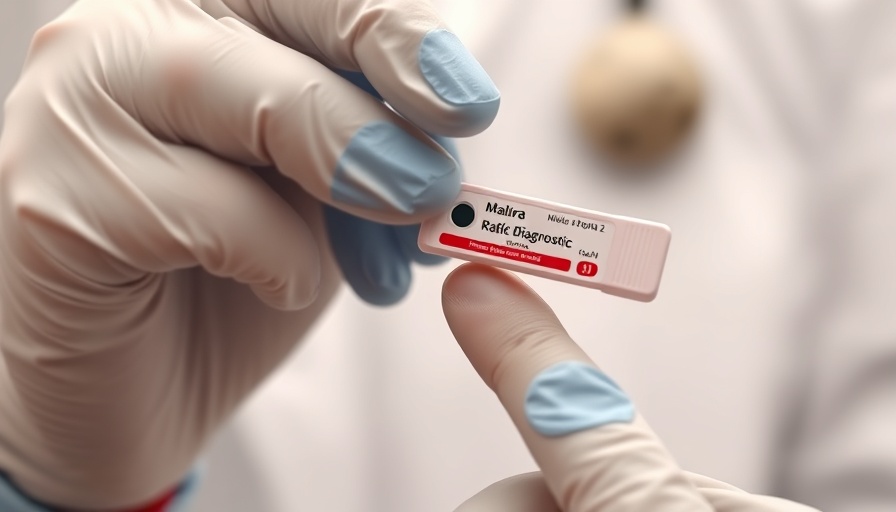
Enhancing Eye Health: Understanding Vision Correction and Solutions for All
Good eyesight is essential for daily activities, from reading to driving. As we age or adapt to various lifestyle changes, maintaining eye health becomes paramount. This article explores common eye conditions, prevention strategies, and innovative solutions for eye health to empower professionals and parents alike.
Common Eye Conditions Affecting Vision
Among the prevalent issues are refractive errors, such as nearsightedness, farsightedness, astigmatism, and presbyopia. These conditions occur when the eye's shape prevents light from focusing directly on the retina, leading to blurry vision. Corrective lenses are often the first line of defense, but many turn to advanced procedures like laser eye surgery in Johannesburg to achieve permanent correction.
Cataracts, another common affliction, lead to clouding of the lens, progressively causing blurry vision, increased light sensitivity, and difficulty seeing at night. Surgery to replace the cloudy lens with a clear artificial one is a highly effective treatment, restoring vision for many.
Additionally, glaucoma is a serious condition characterized by increased pressure in the eye, which can result in optic nerve damage. Regular check-ups are crucial for early detection because glaucoma often progresses without symptoms, making awareness crucial for prevention.
Dry Eye Syndrome: An Overlooked Issue
Dry eye syndrome affects a large portion of the population, primarily impacting those who spend excessive time in front of screens or take certain medications. This condition can lead to persistent irritation and discomfort. Routine eye examinations and proper environmental controls, such as using humidifiers, are recommended. For persistent cases, consulting an ophthalmologist may yield tailored treatment options beyond over-the-counter remedies.
Available Vision Correction Options
While glasses and contact lenses remain popular, there is a growing interest in permanent vision correction methods. Laser eye surgeries, including LASIK, PRK, and SMILE, are popular levels of sophistication in correcting refractive errors. Prospective patients often seek information on lasik eye surgery cost South Africa to gauge affordability and eligibility.
Surgery for cataracts typically yields high success rates, with most patients experiencing a swift recovery. Individuals with severe vision impairment might also consider alternative surgical interventions such as implantable contact lenses or refractive lens exchange.
The Role of Eye Care Professionals in Community Health
Medical schemes in South Africa often cover essential eye care services under funding models that include both private and public healthcare frameworks. A study by Willie (2023) highlights that eye care benefits represent approximately 3.1% of total benefits paid by medical schemes, demonstrating the need for improved access to eye care across all levels.
The challenge remains that many in the public sector lack access to necessary eye care services, emphasizing the importance of community health programs and a strengthened healthcare infrastructure through models like the National Health Insurance (NHI). Building awareness among the public regarding available services and the importance of regular vision check-ups can significantly enhance community health outcomes.
Health Policy and Eye Care Services
Integrating eye health into broader health policy is vital for addressing vision impairment as a public health concern. The Essential Medicines List and Standard Treatment Guidelines must include robust eye care provisions to ensure equitable access. As the prevalence of conditions like diabetes and hypertension grows—known risk factors for eye diseases—an integrative approach to health promotion is necessary.
Investing in health education programs targeting health literacy and preventive care will empower individuals to seek timely treatment. Emphasizing the significance of vaccinations and monitoring chronic diseases also aligns well with improving overall eye health.
Community Perspectives and Actions
From enhancing health literacy to improving access to eye care services, the community plays a pivotal role in advancing eye health. Individuals are encouraged to not only seek regular eye examinations but also to engage in discussions surrounding preventive practices and available treatment options.
As we move forward, awareness campaigns should abound focusing on crucial factors including eye health, preventive measures, and available resources for those in need. As parents and professionals, fostering a culture of proactive eye care awareness can create a ripple effect, encouraging future generations to prioritize their vision health.
Conclusion: Take Charge of Your Eye Health Today!
Eye health is an integral component of overall well-being. Understanding the common conditions, available treatments, and the role healthcare policies play can empower individuals to make informed decisions. Regular eye check-ups are essential, particularly as we navigate the complexities of modern life. Don't wait until it's too late—consider scheduling your next eye examination today!
 Add Row
Add Row  Add
Add 




Write A Comment